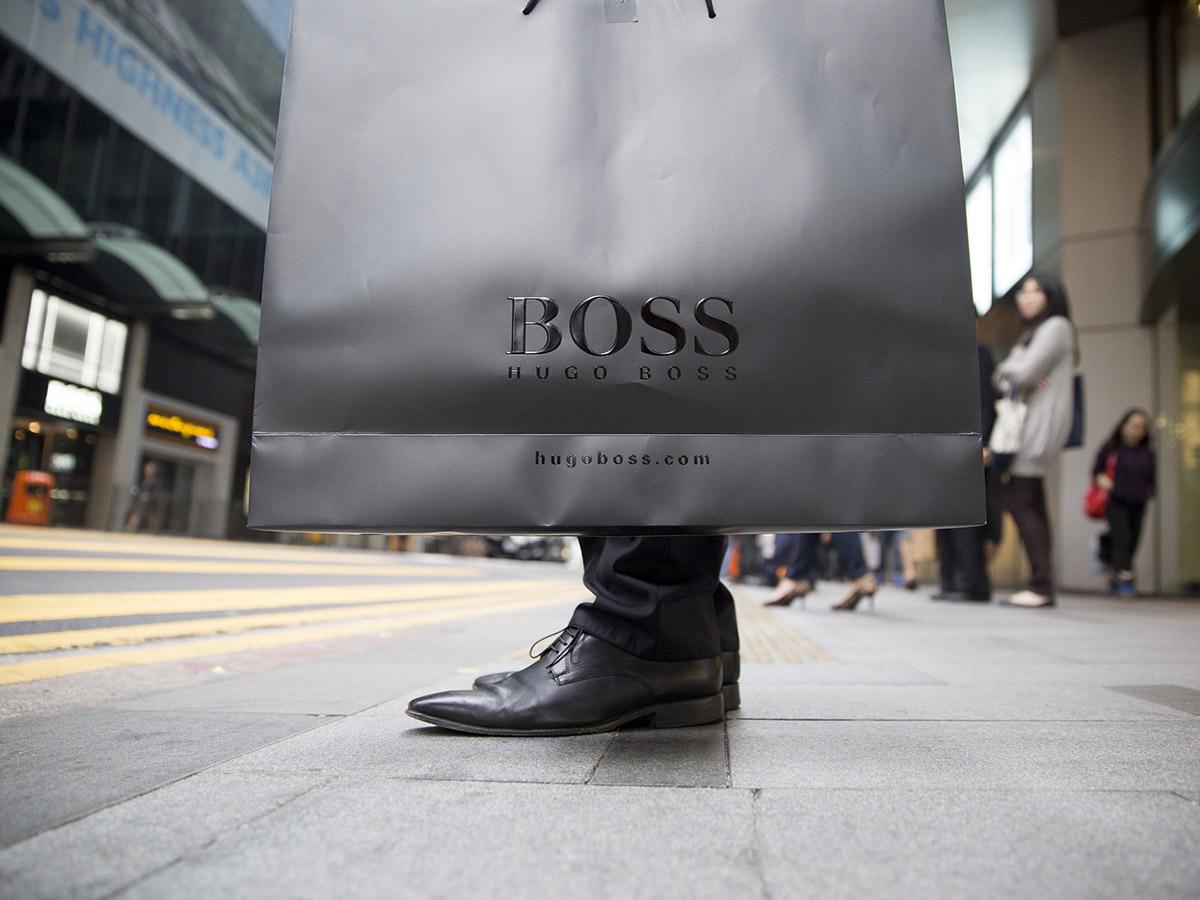Since Hugo Boss [BOSS] lowered its full-year outlook on 10 October, its shares are not looking too stylish. The move was in response to a deteriorating market environment in North America and decreased demand from tourists visiting the region, which have both dragged on sales and earnings. The company also noted that the political unrest in Hong Kong has “substantially negatively affected” its business in the territory.
On 21 October, Hugo Boss’s share price at one point dropped to a low of €36.23, a level not seen since September 2010. That coincided with a company announcement, with no reason given, that Stephan Born would be taking over as president of the Hugo Boss Americas division from Anthony Lucia at the start of next month.
Hugo Boss’s share price is down by over 30% so far this year and is 45% lower than the year-to-date high of €67.30 in early March. With the company’s Q3 results due to be released on 5 November, how fashionable will the stock be to investors?
Looking at the problems
Prior to the political unrest in Hong Kong, the company had been confident about its future in Asia, expecting sales in the region to increase faster than elsewhere and fuel the fashion industry’s growth.
The company’s share price started coming under pressure around mid-2015, with a profit warning issued in early 2016. Its efforts to turn the business around have been struggling ever since CEO Claus-Dietrich Lahrs was replaced by the then-CFO Mark Langer in 2016, according to Bloomberg.
Last year, the group had established a new plan of moving towards a “faster-fashion model” through e-commerce improvements, clothing personalisation and by making production faster, as the business has struggled with the trend of casual office wear. In March, Langer told Bloomberg that Hugo Boss would be a “big beneficiary” from this shift in attitudes.
Yet the brand still faces challenges, which have forced it to readjust its outlook for the second time in almost as many months. Hugo Boss said it now expects full-year 2019 sales “to increase at a low single-digit percentage rate” compared to its previous expectation of the lower end of a mid-single-digit percentage range.
It has also suggested that operating profit will be €330mn to €340mn, down from the 2018 profit of €347mn.
| Market cap | €2.664bn |
| PE ratio (TTM) | 12.02 |
| EPS (TTM) | 3.15 |
| Operating Margin (TTM) | 12.20% |
Hugo Boss share price vitals, Yahoo Finance, 23 October 2019
What does the rest of 2019 look like for Hugo Boss?
It is important to note that Hugo Boss isn’t the only fashion brand struggling in the current macroeconomic climate. Luxury conglomerate LVMH [LVMH] said its sales in Hong Kong fell by 40% in August and September of this year, according to Bloomberg. But its share price is up by 48% so far this year, as strong sales across the company’s businesses helped offset lower sales in Hong Kong. The French fashion house is often a bellwether for other stocks in the sector.
At the end of 2018, Hugo Boss revealed an optimistic strategy that included increasing currency-adjusted sales by 5% to 7% and its EBIT margin to reach 15% by 2022. At that time, Langer said: “We want to grow faster than the market and expect our operating profit to develop significantly better than our sales. The successful realignment of our brands BOSS and HUGO has laid the foundation for this.”
“We want to grow faster than the market and expect our operating profit to develop significantly better than our sales. The successful realignment of our brands BOSS and HUGO has laid the foundation for this” - Warby Parker co-CEO Neil Blumenthal
Such a goal was seen as overly ambitious by some, as analysts expect the industry to grow by only 3-4% per year. Piral Dadhania, an analyst at RBC, told the Financial Times that the downward pressure on premium apparel makers was unlikely to let up any time soon, especially for North America and Europe. Langer said that regardless of the ongoing macroeconomic uncertainties, Hugo Boss “remained focused on successfully executing against our strategic initiatives”.
Hugo Boss is due to report its Q3 results on 5 November. The consensus view on the stock among analysts polled by the company is muted – 12 have it at hold, three have a buy rating and one has Hugo Boss rated at sell.
Continue reading for FREE
- Includes free newsletter updates, unsubscribe anytime. Privacy policy





